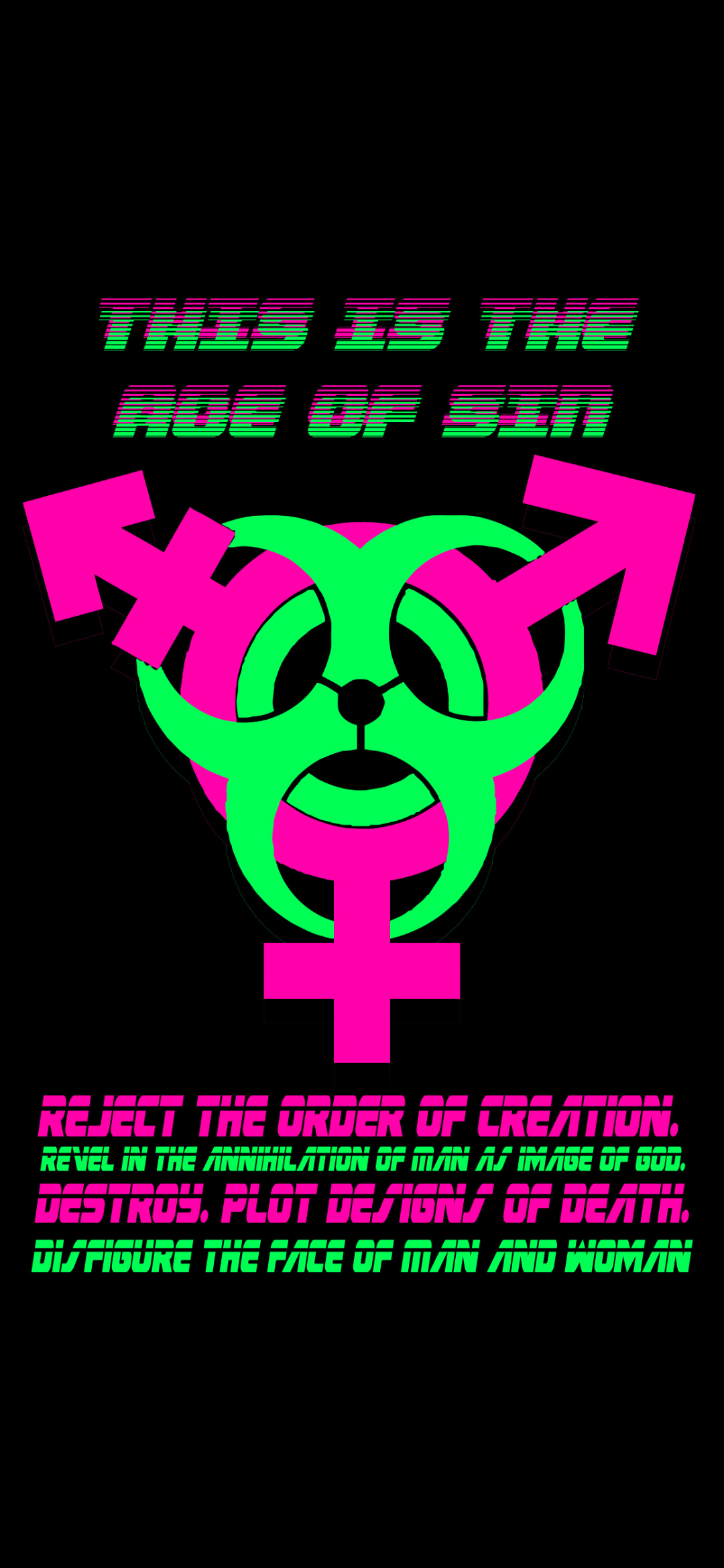[Transcript]
This story stresses the Muslim’s ability to recognize the power of miracles and holy objects, but it is important to note that it does not specifically mention the Eucharist. It is noteworthy that one cantiga (104) recounts a love‐potion legend that bears comparison to the Sigena altarpiece scene, but does not include any Muslim protagonists. Nevertheless, there is one cantiga (46) that not only highlights the Muslims’ capacity to see and accept Christian miracles, but also links that capacity to a miraculous corporeal manifestation—in this case, the lactation of the Virgin.
A Moor went abroad “to make war on Christians and pillage […] That Moor laid waste all the lands he could enter and carried off all he could steal. He triumphantly returned to his own land and piled together the booty he had taken to distribute it.” Among his stolen holy objects, he noticed a painting of the Virgin. As it took his fancy, “he had it set up in a high place and dressed in garments of spun gold.” Because the image caused him to have religious doubts, he challenged God to show him a sign, agreeing to convert to Christianity if he did.
“The Moor had scarcely uttered this when he saw the statue’s two breasts turn into living flesh and begin to flow with milk in gushing streams. When he saw this, verily he began to weep and had a priest called in who baptized him.”52
In this striking story, which recasts a popular Marian theme in specifically Iberian terms of reconquest and conversion, the focus on the corporeal manifestation of grace is not unlike the capacity of the Muslims in Orvieto to see the bleeding Christ child in the host. Mary’s lactating breasts are like Christ’s bleeding wounds, and Mary’s milk is thus a theological surrogate for the Eucharist, a common theme in high medieval iconography, as Caroline Walker Bynum has shown.53
The Muslim, moreover, has no difficulty recognizing a spiritual presence in the ritual object, immediately weeping and seeking baptism, after which his subjects and friends follow him and convert. The shock of a theological miracle produced by a corporeal manifestation of God’s presence—the lactating breasts—produces an immediate change of heart (Fig. 4).
(Emphasis added.)
Judas Priest, are the gentiles OK? Why did mediaeval Christians have to be so weird?

Most normal adult Catholic convert

when the tiddies are so good you see god
every time i hear about one of these i remember the time it was downstream of a toilet and fools were drinking it
I would do the same tbh
 but for religion
but for religionAmong his stolen holy objects, he noticed a painting of the Virgin.
The Moor had scarcely uttered this when he saw the statue’s two breasts turn into living flesh
Guess this is a two-fer-one sorta miracle, then.
Listen if I prayed for titties and titties appeared, I would find your religion convincing.




